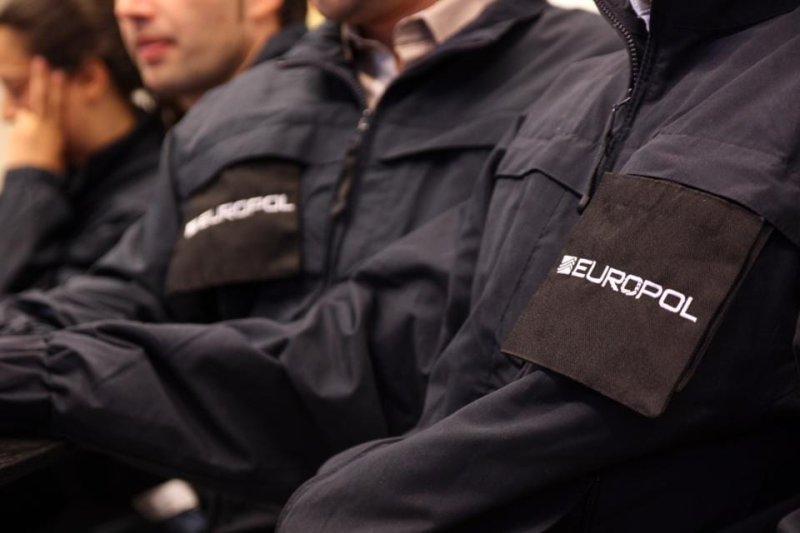Europol Executive Director Addresses Strategic and Operational Developments at JPSG Meeting
Europol’s Executive Director Catherine De Bolle addressed the Joint Parliamentary Scrutiny Group (JPSG) yesterday in Brussels, delivering an in-depth update on the Agency’s strategic and operational developments. This address marked her first meeting with the newly elected members of the JPSG.
Both the LIBE Committee and the JPSG play a crucial role in supporting Europol’s work, acting as key partners in ensuring the Agency’s accountability, transparency, and alignment with EU legislative priorities. The meeting yesterday also included the European Data Protection Supervisor (EDPS) Wojciech Wiewiórowski and Europol’s Fundamental Rights Officer Dirk Allaerts.
Strategic framework
In her opening remarks, Europol’s Executive Director welcomed the new delegation and praised the European Commission’s new political guidelines featuring a stronger role for Europol. “Europol fully supports the new Commission in its vision to further develop the Agency, allowing us to increase our operational impact and better serve the Member States,” she said. She highlighted the importance of new resources and frameworks to enable Europol to fulfil its enhanced mission.
The Executive Director also presented the Multiannual Programming Document 2025-2027, which was transmitted to the JPSG earlier this year. The document provides a comprehensive roadmap for implementing Europol’s new strategy, Delivering Security in Partnership. Updates included the recent launch of Europol’s External Relations Strategy 2025+ and discussions on closer collaborations with Schengen Associated Countries.
Data protection and technological innovation
With the growing role of data-driven policing, she described the Agency’s progress on data security, in close coordination with the EDPS to ensure high standards of data protection. Europol has so far implemented 83% of the EDPS's recommendations and continues to advance secure data processing for operational needs.
One of the major developments is the preparation of an operational “Sandbox” by early 2025, aimed at securely processing operational data for the purposes of research and innovation.
Operational achievements and future outlook
The Executive Director also provided an overview of Europol’s expanding external partnerships. She highlighted how collaborations with countries and regions such as the Western Balkans, Eastern Partnership, MENA region, and Latin America have become crucial to effectively fight organised crime and terrorism.
Europol’s latest report, Decoding the Criminal Networks Active in the EU, was discussed, noting that the Agency had analysed over 800 criminal networks, involving 25,000 members across multiple crime areas and jurisdictions. The report will be updated every two years and its findings have already enhanced information-sharing among Member States.
The participants also received a dedicated presentation by Jean-Philippe Lecouffe, Deputy Executive Director for Operations at Europol, on the most recent Europol activities in the wake of the war in Ukraine and the current level of terrorist threat across the EU.
In her closing remarks, the Executive Director outlined the challenges ahead, from digital transformation to resourcing. “Lawful access to data, coupled with sophisticated analytical capabilities, will be essential to Europol’s future role in European security,” she noted, expressing on the same occasion Europol’s commitment to working with Commissioner-designate Brunner to bolster EU security.
The (JPSG) plays a key role in overseeing Europol’s activities, ensuring accountability and transparency in the Agency's operations. The JPSG is composed of Members of the European Parliament (MEPs) from the LIBE Committee, and its mandate includes scrutinizing Europol’s actions in alignment with EU law and fundamental rights. By reviewing the Agency’s operational and strategic developments, including its budget and work programmes, the JPSG holds Europol to high standards of governance. The JPSG also serves as a vital channel for fostering dialogue between Europol and the European Parliament, enabling informed discussions on future priorities and the Agency’s evolving role in the security landscape.













